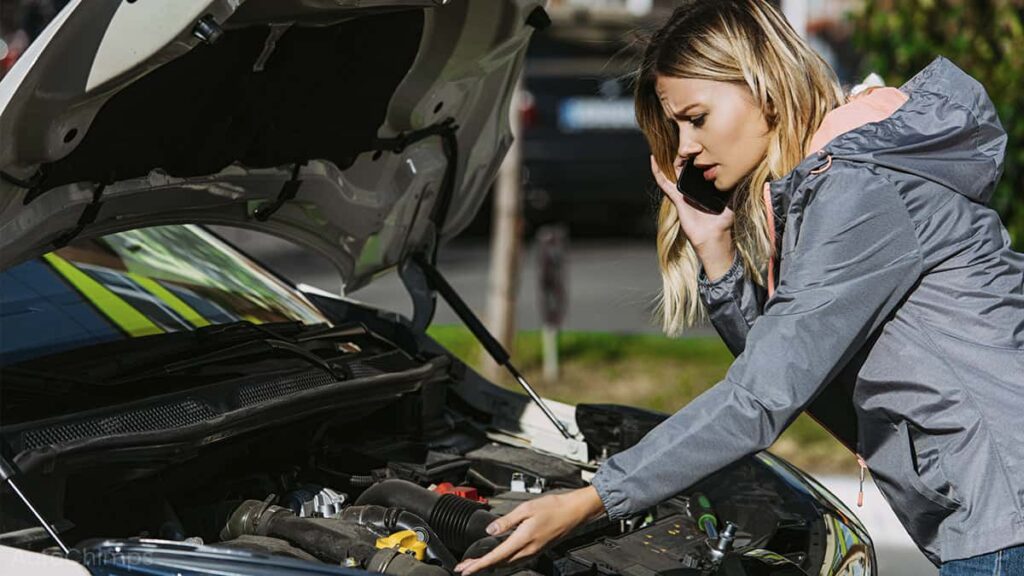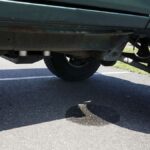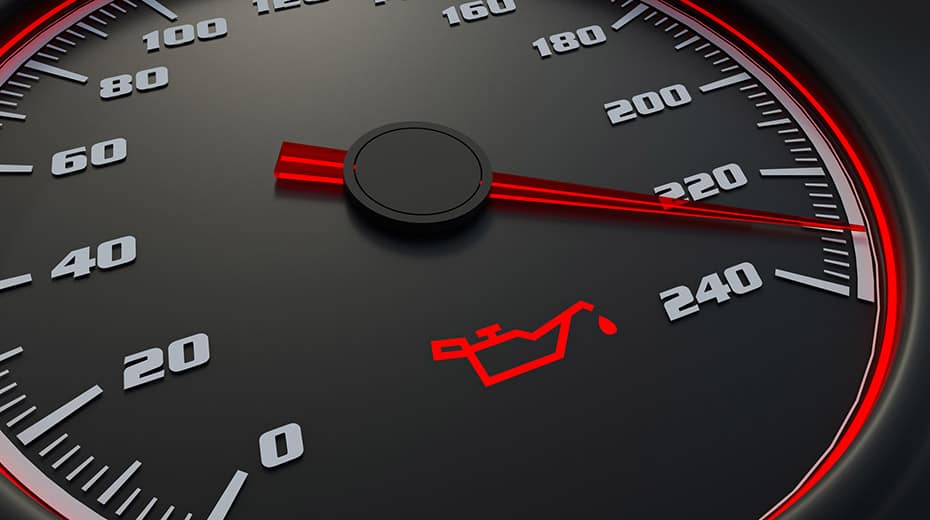
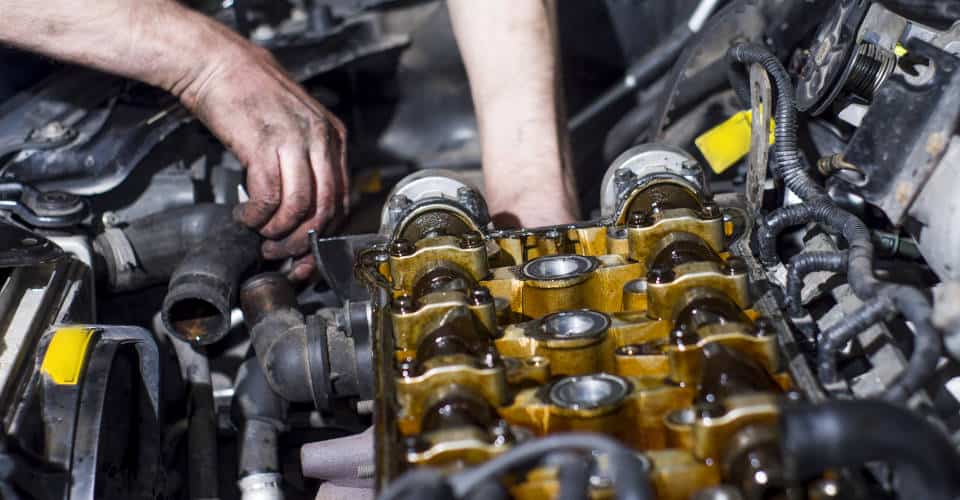
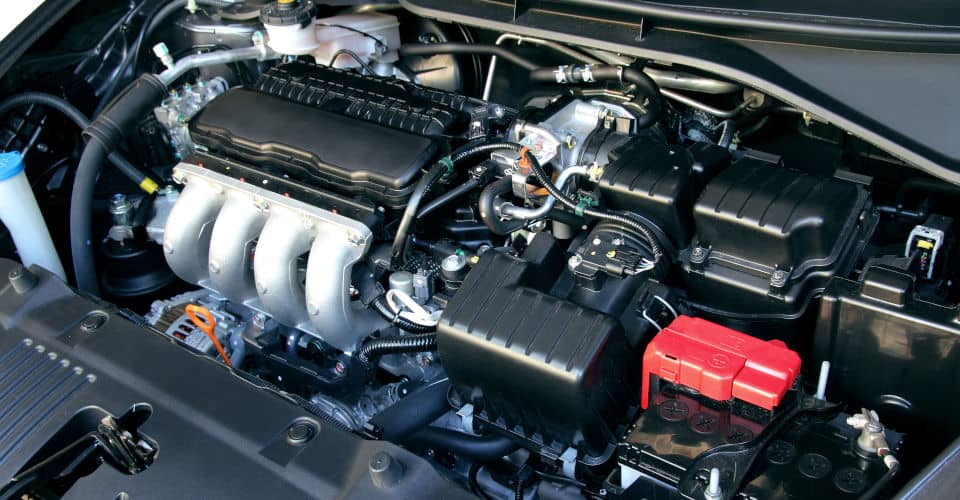


Understanding Engine Knocking: What’s That Sound?
Ever heard a knocking sound from the engine while parked? It can be tricky to figure out what’s going on. Engine knocks are pretty common and can fall into categories like “detonation knock” or “rod knock.” Sometimes it’s a sign of bigger issues, but it might just be a simple fix, like low oil.
Low Oil Pressure: The Usual Suspect

Car forums are buzzing with stories from folks who noticed engine knocking at idle, only to find out it was due to low oil pressure. Engines burn oil over time, and if the pressure drops too low or gets erratic, it can wreak havoc on valves, bearings, and other parts.
Sure, every car makes some noise when idling—that’s normal. But if a thumping or ticking sound keeps coming from the engine bay, it’s time to pay attention.
Faulty Spark Plugs: A Quick Fix
The spark plugs are crucial for igniting the fuel and getting the engine going. If they’re worn out or not seated right, starting the engine can be a struggle, and a ticking sound might pop up at idle.
While bad spark plugs can lead to bigger headaches down the road, replacing them is usually a straightforward and affordable fix.
When Knocking Signals Trouble

Sometimes, the engine knock can be subtle, but other times it’s loud and clear. Here are some signs that the knocking might be a serious issue:
- Knocking noise is constant at idle
- Sound gets louder over time
- Knocking happens regardless of engine temperature
- Accompanied by rattling or vibrations
If the knocking sound is getting worse, it’s likely a sign that something bigger is brewing under the hood.
Identifying the Problem
Most cars will make some noise at idle, but if the knocking is persistent and loud, it might indicate a mechanical issue. To get a sense of what an engine knock sounds like, check out videos online that showcase different types of knocks.
Why Is the Engine Knocking?

If the engine is knocking, it typically means there’s a fluid issue or something’s off with the internal components. The first thing to check? The oil. Mechanics and car enthusiasts alike agree that low or dirty oil is often the culprit behind engine knocks.
Contaminated oil or leaks can starve the engine, leading to knocking sounds. Replacing or topping off the oil might just solve the problem.
But if oil isn’t the issue, other common causes include:
- Insufficient lubrication of engine parts
- Piston or engine bearing failure
- Worn internal components
As one mechanic puts it, “Low oil will definitely cause engine noise and damage.” So, it’s crucial to figure out the source of the knocking before it escalates.
Fixing the Knocking
Once the source of the knocking is identified, it’s time to find a fix. A good starting point is to check for any recalls or alerts related to the vehicle’s make and model. This can help pinpoint known issues linked to engine knocking.
For a more thorough investigation, taking the car to a mechanic for a diagnostic can save a lot of headaches down the line.
DIY or Call a Pro?

Can the engine knocking be fixed at home? It depends on the issue. If it’s just dirty or low oil, a DIY fix can be done for under $50. But if it’s something more serious, like worn-out parts, the repair could get complicated and pricey.
A diagnostic test usually runs between $100 and $150 and is a smart move to pinpoint the exact cause of the knocking.
Costs and Consequences

If the knocking is due to worn engine parts, it might require a rebuild or replacement, which can cost thousands. Engine repairs typically range from $3,000 to $4,000, while a replacement can exceed $5,000 for V6 or V8 engines. Rebuilding an engine usually falls between $2,500 and $4,000.

